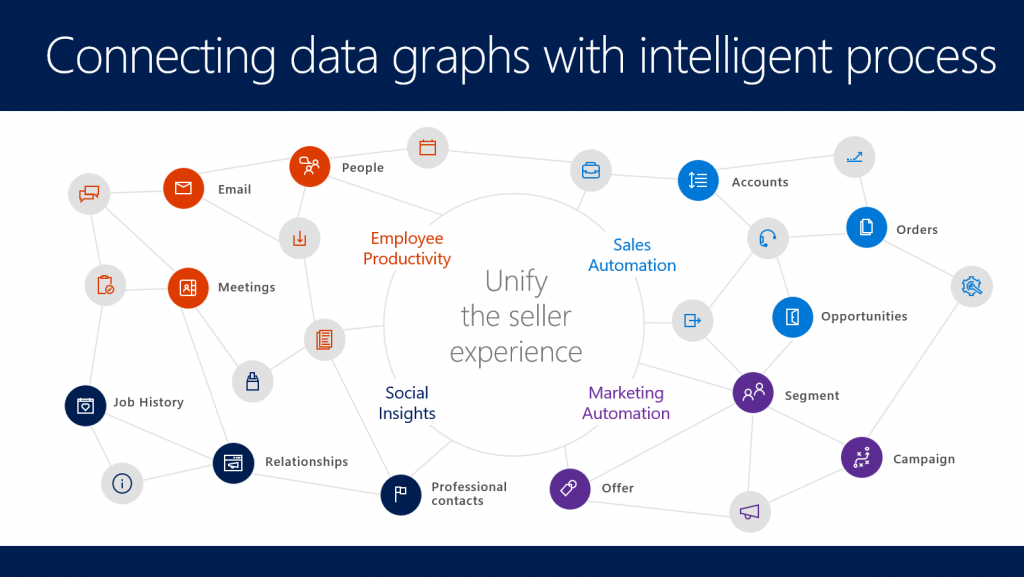The new business model: Relationship Selling
Relationship selling is all about empowering sellers to drive customer engagement. In the digital age, engagement isn’t just about in-person interactions. It’s about delivering the type of touch a buyer expects, at the time it is expected in the buying process, in the context of what the buyer needs with a measurable impact (conversion, trust, etc.). While it’s imperative for sales and marketing leadership to implement buyer engagement in their sales strategies and processes.
It’s also important for other leadership, including CFOs and IT executives, within an organization to support the transition from a team focused on sales management to one that focuses on empowering sellers.
Relationship Selling and Its Impact on Your Organization
Organizations that dynamically map their sales processes to their buyers’ journeys and focus on engagement have the potential to grow their business, prioritize opportunities and close deals faster with collaboration tools. Because of the financial implications, CFOs and c-suite executives should collaborate with sales and marketing leadership to include relationship selling in their yearly strategies.
Putting the right digital tools in place, and orchestrating organizational data and process, enables relationship-based selling. And collaborating at a company level, allows organizations to combine data from disparate tools to leverage intelligent insights and business processes—increase revenue while reducing acquisition costs.

B2B sales organizations have complex sales environments. Digital tools, like customer relationship management systems (CRM), provide sellers with the data needed to help them prioritize customer and prospect outreach or selling activities. Using automation, sellers can focus on building relationships versus managing a tool. Reducing distractions increases seller productivity and empowers them to focus on building customer engagement.
A characteristic of top-performing B2B organizations includes an alignment of sales and marketing. C-suite leaders should be collaborating while planning their strategy to ensure support from all departments in an organization.
The Future of Business and Relationship Sales
At a strategic level, B2B businesses that shift their focus from sales productivity to sales empowerment, improving customer experiences and engagement, have shown to be more successful.
The cost of implementing sales engagement tools to drive relationship sales is an investment for organizations that desires to provide value and drive growth. Dynamically mapping processes across the customer lifecycle, engagement tools like Relationship Sales solution can drive business growth, reduce distractions and help sales close deals faster.



